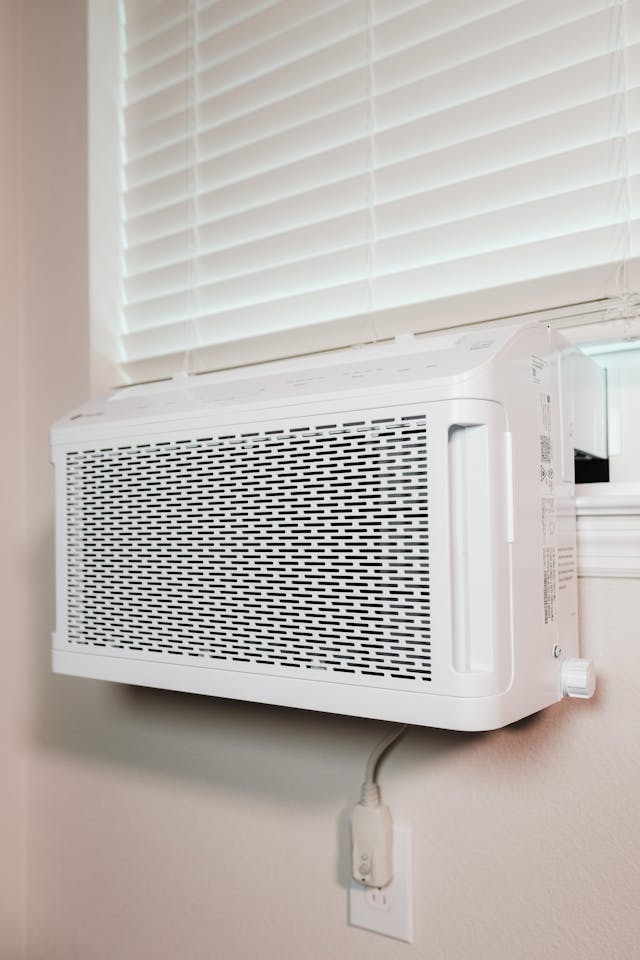We all get old, and our health declines. Most people will experience hearing loss in their lifetime, a decline in their eyesight, and a decline in their physical and mental attributes. It’s important to consider these factors in yourself and your loved ones, especially when over the age of fifty.
Hearing Health
People over the age of fifty should visit an audiologist regularly for check-ups. It’s important to establish a baseline for hearing health so that any changes can be registered and measures are taken to protect the long-term quality of hearing, which naturally diminishes into our later years.
When hearing health starts to decline, it can affect our quality of life, relationships, and mental health; the good news is that hearing devices these days are quite advanced; they are also discrete, so you can enjoy a better quality of hearing without sacrificing any of your well-being.
Eye Health
We can all expect our sight to start declining when we reach the age of fifty and above. Sight declines for two reasons. The lens can become cloudy, distorting the light coming into the retina, and eye muscles can weaken, reducing the effectiveness of the eyes. Maintain your eye health.
If you notice a change in your vision, visit an optometrist as soon as possible for a check-up. It’s important to know the right time to introduce glasses or contact lenses into your life since using glasses too soon can diminish your eyesight. Attend your optometrist more regularly after fifty.
Mental Sharpness
Another aspect of health that can start to decline after the age of fifty is your mental sharpness. As with other systems in the body, the brain starts to slow down in later life, influencing general cognitive functions like short-term memory. In some cases, dementia can become a daily reality.
If you know someone struggling with dementia, you should consider a senior home care service. Although it might seem like a big step for your loved one, it can make life easier for them and increase their happiness in later life. Home care services can also support your family members.
Physical Health
Physical health can be harder to maintain as you get older due to mobility issues and deterioration of physical attributes. However, physical health is just as important in later life as it is at any other time. In some ways, it’s more important to stay active and prevent chronic issues.
The good news is that staying healthy as you get older is simpler than you might think. It might be harder to exert yourself at the gym three times a week, but an active walk in the park can be just as effective in later years. Challenge yourself without overdoing it for the best results.
Mental Health
Mental health is an important aspect of health and well-being at any age, but older people are more vulnerable to depression due to isolation and other factors. Stay aware of mental health for yourself or your loved ones to ensure they have the best quality of life in their later years.


